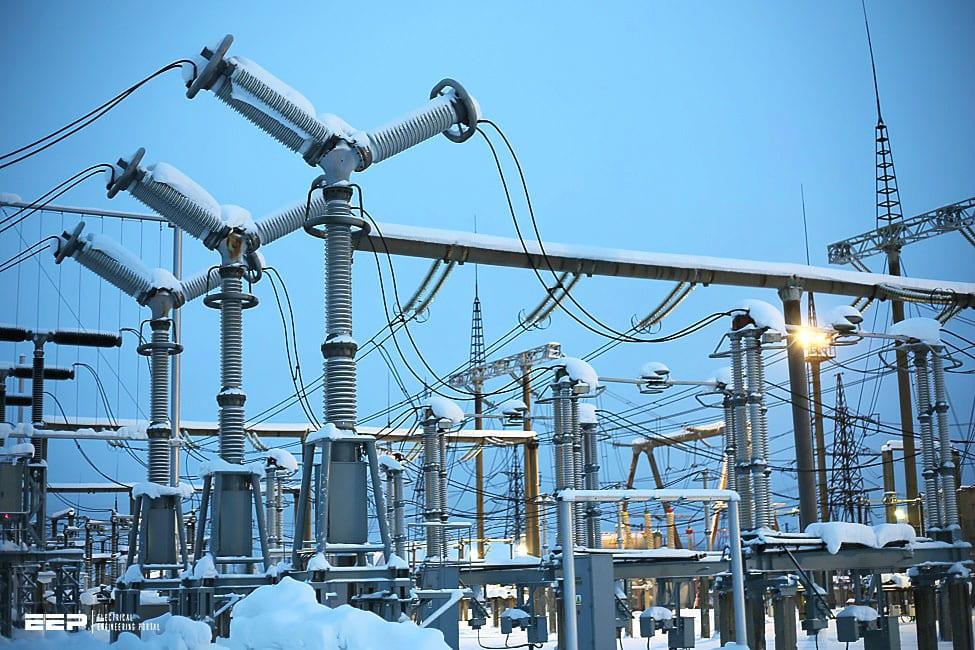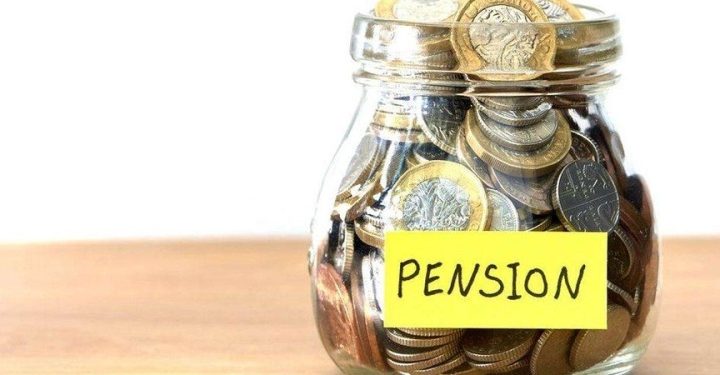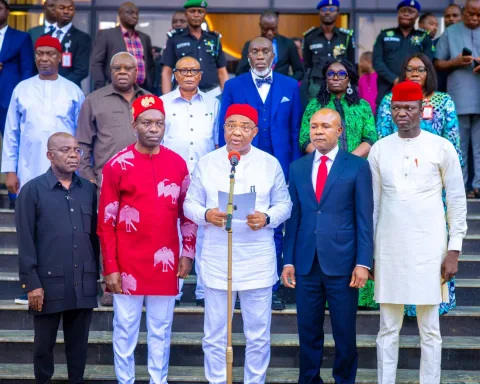The Nigerian Bulk Electricity Trading (NBET) has disclosed that the country sells electricity to neighbouring countries for strategic reasons.
Nnaemeka Ewelukwa, managing director, NBET, made this known when he appeared before the house of representatives committee on finance.
Ewelukwa was responding to questions of why Nigeria sells electricity to other nations when the country does not have enough for its populace.
Join our WhatsApp ChannelAccording to him, “Nigeria sells electricity to Niger Republic and Benin Republic. Those transactions of recent have been more driven by specific generation companies like NDPHC.
“At the heart of the transactions is the issue of the damming of the river. We have dammed the river and if we don’t provide electricity to countries that are upstream on the river, they can also build their dams which will create a major crisis for the country.
“So there is a strategic reason. If they are able to dam the river upstream, we are in trouble.”
Ewelukwa said about six percent of the electricity generated in the country is sold to neighbouring countries.
He said the federal government is working on structures that will enhance power distribution in the country.
“Most of the power generation companies are located within the south-south and south-west largely because of gas with one in the south-east, of course, we have the hydros in Niger state,” he said.
“The issue of evacuation is something that is at the heart of the priority of the government. At the moment, the contracted capacity is about 14,000 megawatts; out of that 14,000 megawatts, what is available in terms of what the generation companies are capable of producing is around 7,600 megawatts.
“Because of the different constraints within the system at either transmission or distribution level, that 7,600 is not fully available. What you have available on a given day is about 4,000 to 5,000 megawatts.
“To address this gap between what is available and what the system can currently carry; there are a number of intervention projects that the government is currently pursuing, that include the presidential power initiatives in partnership with Siemens.
“The Central Bank of Nigeria (CBN) is currently supporting the funding of interface projects between transmission and distribution companies.
“To increase power generation, what we need is to increase the corridor for the power to move. There are a number of interface issues between the Transmission Company of Nigeria (TCN) and distribution companies that are critical to enhancing power distribution and CBN are currently providing funding to address those interface bottleneck.
“NDPHC is also dealing with transmission and distribution projects. As these interface projects are addressed, there will be enhanced space for the megawatt to move. The government is keen to expedite the time within which this is made available.
“The sector regulator, Nigeria Electricity Regulatory Commission (NERC) has also concluded performance improvement plans for each of the distribution companies. This plan basically lays out the different infrastructure upgrade the distribution companies are supposed to implement in other to be able to provide more electricity to the citizens.
“The fact that we have the available capacity that is currently not being made fully available to the citizens is something that troubles us. But we are also confident that the different actions being performed by government agencies — NDPHC, TCN, MBET, the central bank in the mix — we are confident that we are heading in the right direction.”
Ewelukwa added that the structure towards achieving a constant power distribution in the country will be achieved within the administration of President Muhammadu Buhari.


















Follow Us